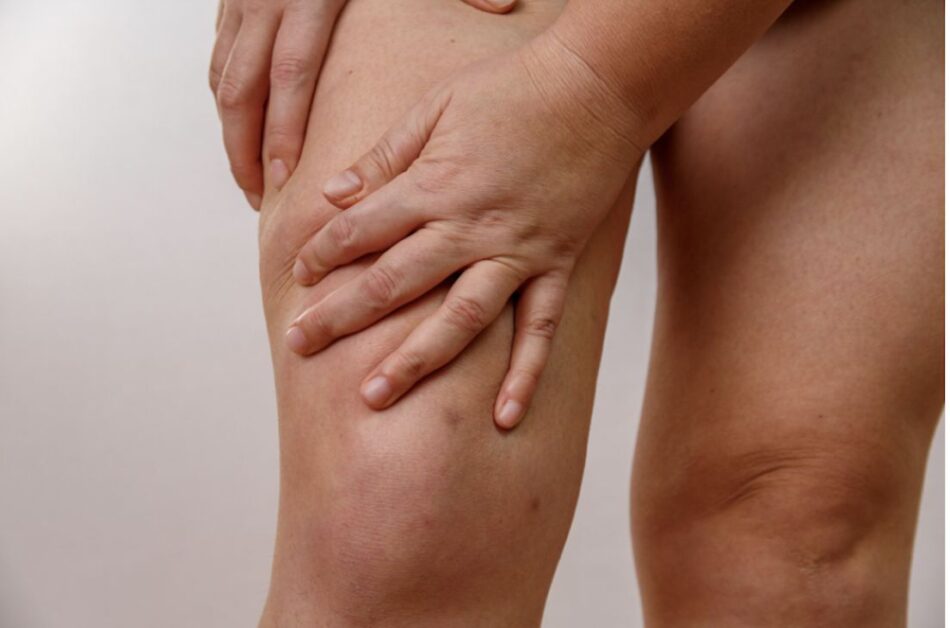For individuals seeking specialized care, Riyadh Lipedema Health Clinics provide professional solutions for managing abnormal fat accumulation, swelling, and discomfort in the legs, hips, and arms. Accessing expert Lipedema treatment in Riyadh (علاج الوذمة الشحمية في الرياض) ensures that patients receive personalized care designed to address both symptoms and underlying causes. These clinics offer comprehensive non-surgical and surgical options to improve mobility, reduce pain, and enhance overall quality of life.
Understanding Lipedema
What is Lipedema?
Lipedema is a chronic fat disorder that predominantly affects women. It is characterized by abnormal fat deposits in the lower body that are resistant to diet and exercise. In addition to disproportionate fat, lipedema often causes tenderness, swelling, and difficulty with mobility, highlighting the importance of professional management.
Symptoms to Recognize
Key signs of lipedema include:
-
Tender or painful fat deposits
-
Swelling that worsens during the day
-
Soft or nodular skin texture
-
Disproportionate fat in the legs, hips, and arms
Early recognition is critical for seeking timely treatment and preventing further progression.
Non-Surgical Treatment Options
Compression Therapy
Compression garments help reduce swelling, improve circulation, and relieve discomfort. Regular use is a key component of Lipedema treatment in Riyadh, particularly for patients opting for non-invasive approaches.
Manual Lymphatic Drainage (MLD)
MLD is a specialized massage technique that promotes lymphatic flow, reduces fluid retention, and alleviates pain.
Lifestyle and Dietary Measures
Maintaining a healthy weight, following an anti-inflammatory diet, and engaging in low-impact exercises complement other treatments and enhance results.
Surgical Treatment Options
For advanced lipedema, surgical intervention may be necessary. Lipedema treatment in Riyadh at leading health clinics may include:
-
Targeted Liposuction: Removes abnormal fat while preserving lymphatic structures.
-
Minimally Invasive Procedures: Provide faster recovery and long-lasting outcomes.
Surgery significantly reduces pain, improves mobility, and restores body contours for severe cases.
Choosing the Right Health Clinic
When searching for Riyadh Lipedema Health Clinics, consider:
-
Specialists experienced in lipedema management
-
Access to advanced non-surgical and surgical technologies
-
Personalized treatment plans tailored to individual needs
-
Comprehensive follow-up care and patient support
Selecting a reputable clinic ensures safe, effective, and results-oriented care.
Recovery and Aftercare
Recovery varies depending on the type of treatment. Patients are generally advised to:
-
Wear compression garments consistently
-
Engage in gentle physical activity to support circulation
-
Attend follow-up appointments for monitoring
Adhering to post-treatment guidelines ensures sustained results and minimizes the risk of recurrence.
Benefits of Professional Health Clinics
Accessing Lipedema treatment in Riyadh from expert health clinics offers numerous benefits, including reduced pain, improved mobility, enhanced confidence, and overall well-being. Clinics provide holistic care combining medical intervention, therapy, and lifestyle guidance for optimal outcomes.
Take Action Today
If you are seeking professional lipedema solutions, Lipedema treatment in Riyadh at specialized health clinics can transform your health and confidence. Schedule a consultation at Royal Clinic Saudia to explore personalized treatment plans and begin your journey toward lasting relief and improved mobility.
FAQs:
What non-surgical treatments are offered at health clinics?
Non-surgical options include compression therapy, manual lymphatic drainage, and lifestyle adjustments to manage swelling and discomfort.
Is surgery necessary for all lipedema cases?
Not always. Mild cases may respond to non-surgical management, while advanced cases often require surgical intervention.
How long is recovery after lipedema surgery?
Recovery depends on procedure type and individual factors, with most patients regaining mobility within weeks and seeing full results in a few months.
Can lifestyle changes enhance treatment outcomes?
Yes, maintaining a healthy weight, engaging in low-impact exercise, and following dietary recommendations support both surgical and non-surgical treatments.









